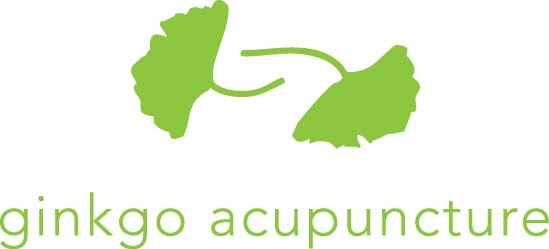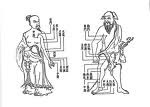Are you interested in acupuncture but wonder when to use it and what to expect? Are you afraid of needles? I'd like to share some information that answers the most common questions I receive.
What happens during the first appointment?
Acupuncturists spend quite a bit of time talking to patients during the first consultation and treatment. There is a thorough past medical history review, and significant attention is paid to current diet, emotional states, sleep and exercise habits. We use information provided by patients, along with diagnostic tools such as tongue examination and pulse reading, to determine each patient's "pattern of disharmony." I like to think of acupuncturists as detectives. We carefully mine information and connect a constellation of signs and symptoms to develop treatments that help reestablish balance.
Acupuncture needles are very thin (the width of a human hair), so the sensation felt upon insertion is minimal. When needles are manipulated, a unique sensation signalling the arrival of energy, or Qi, may be felt. This is often described as dull and achy, and is usually followed by increased relaxation and comfort. Needles are typically retained for approximately 20 minutes. Most people find acupuncture treatments to be pleasant experiences and describe feeling calmer yet more energetic in the days following treatment.
Other treatments that may be used in conjunction with acupuncture include: Chinese herbs, moxibustion (heat applied gently with a medicinal herb), cupping, gua sha (a traditional scraping technique used to break up stagnation), tuina massage, and acupressure.
Do I have to be sick to get acupuncture?
Of course, if you are injured or experiencing pain or sickness, it's a good time to make an appointment with an acupuncturist. However, healthy people can benefit from acupuncture too. I recommend scheduling quarterly treatments that coincide with the change of seasons. Our bodies are microcosms of the universal macrocosm and respond to seasonal changes. Acupuncture can help ease the body and mind during these transitional times and promote balance.
How Can I Find a Reputable Acupuncturist?
Traditional Chinese Medicine is a complete body of medicine, and the training required in the US to practice is rigorous. Traditional Chinese Medical school is a four year graduate program that requires over 3,000 hours of theory and clinical practice. Most states require licensing, and most acupuncturists are also nationally certified by the National Certification Commission for Acupuncture and Oriental Medicine. I recommend seeking fully licensed and certified acupuncturists. You can search the nccaom.org practitioner database as well as acufinder.com to find a local acupuncturist. Often the best way to find an acupuncturist is through a referral. Medical doctors and chiropractors are legally authorized to practice acupuncture, however the training required specifically for acupuncture is limited to 250 hours.














